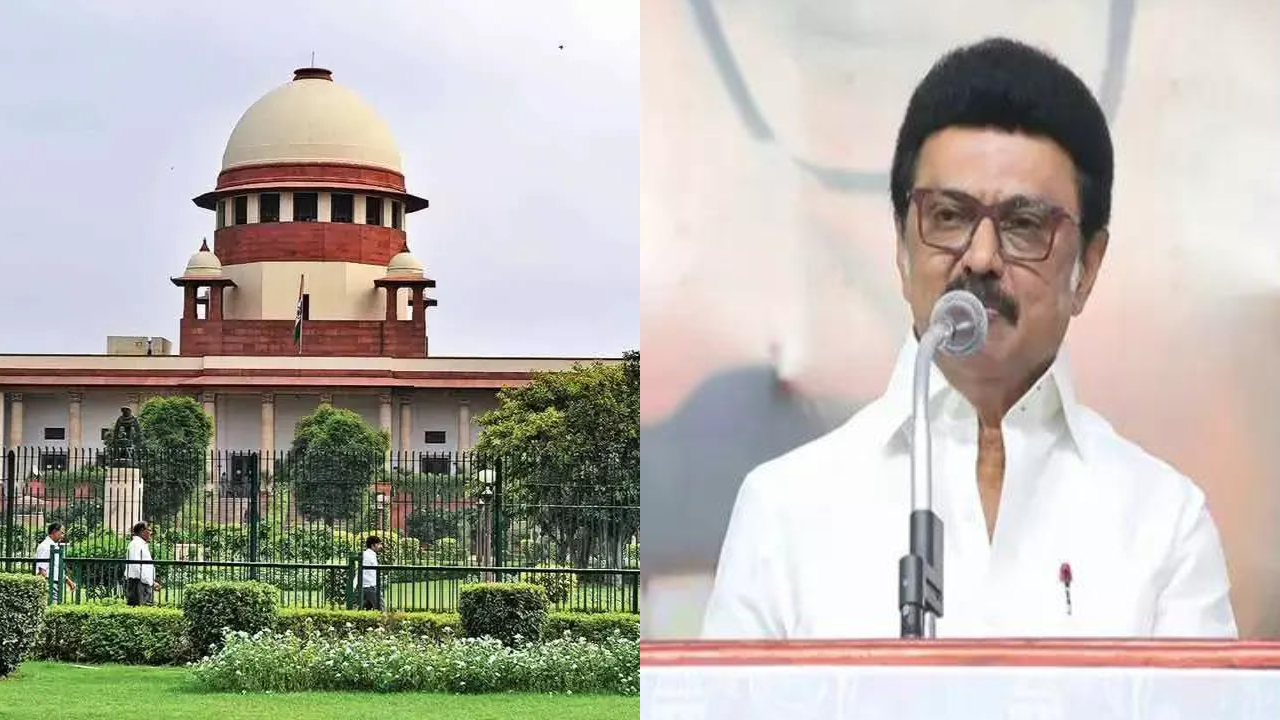In a significant development, the Supreme Court of India has reprimanded Tamil Nadu governor RN Ravi for his refusal to grant assent to Bills approved by the state assembly. The apex court deemed the governor’s actions, such as holding back 10 Bills for the President’s consideration after they were already reviewed, as unlawful and against the constitution. Consequently, the court ruled that these Bills have been officially passed. This ruling highlights the importance of upholding the constitutional framework and the principle of separation of powers between the executive and legislative branches of government. The court’s verdict serves as a reminder of the judiciary’s role in ensuring checks and balances within the democratic system. This decision is expected to have far-reaching implications for the functioning of state governments and the responsibilities of governors in upholding the law. It underscores the significance of adhering to legal procedures and respecting the decisions made by elected representatives in the legislative assembly. The Supreme Court’s intervention in this matter signifies its commitment to upholding the rule of law and protecting the democratic principles enshrined in the Indian Constitution. This landmark judgment is likely to set a precedent for future cases involving disputes between state governments and governors over the passage of legislation.

Posted in
JUST IN
Supreme Court criticizes Tamil Nadu governor for withholding assent to Bills, deems actions illegal and unconstitutional.
In Trend

Fake doctor arrested after causing deaths at Damoh hospital; investigations reveal invalid credentials and high salary.





















